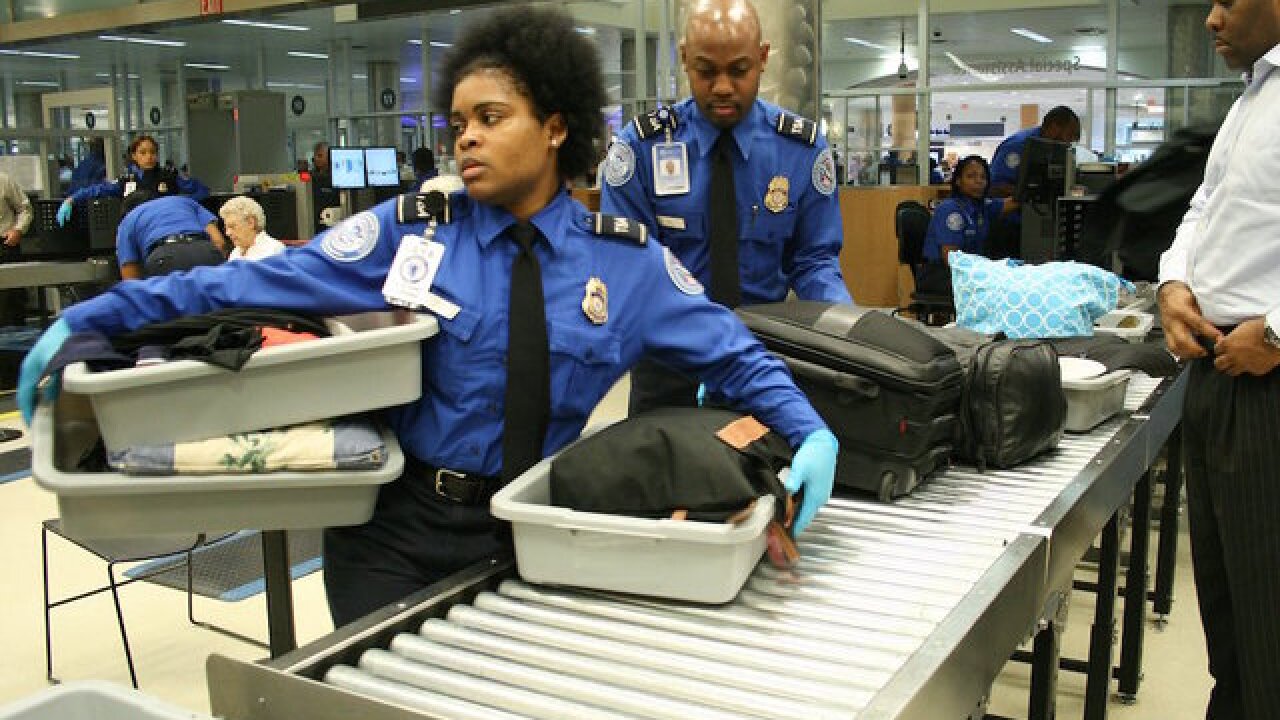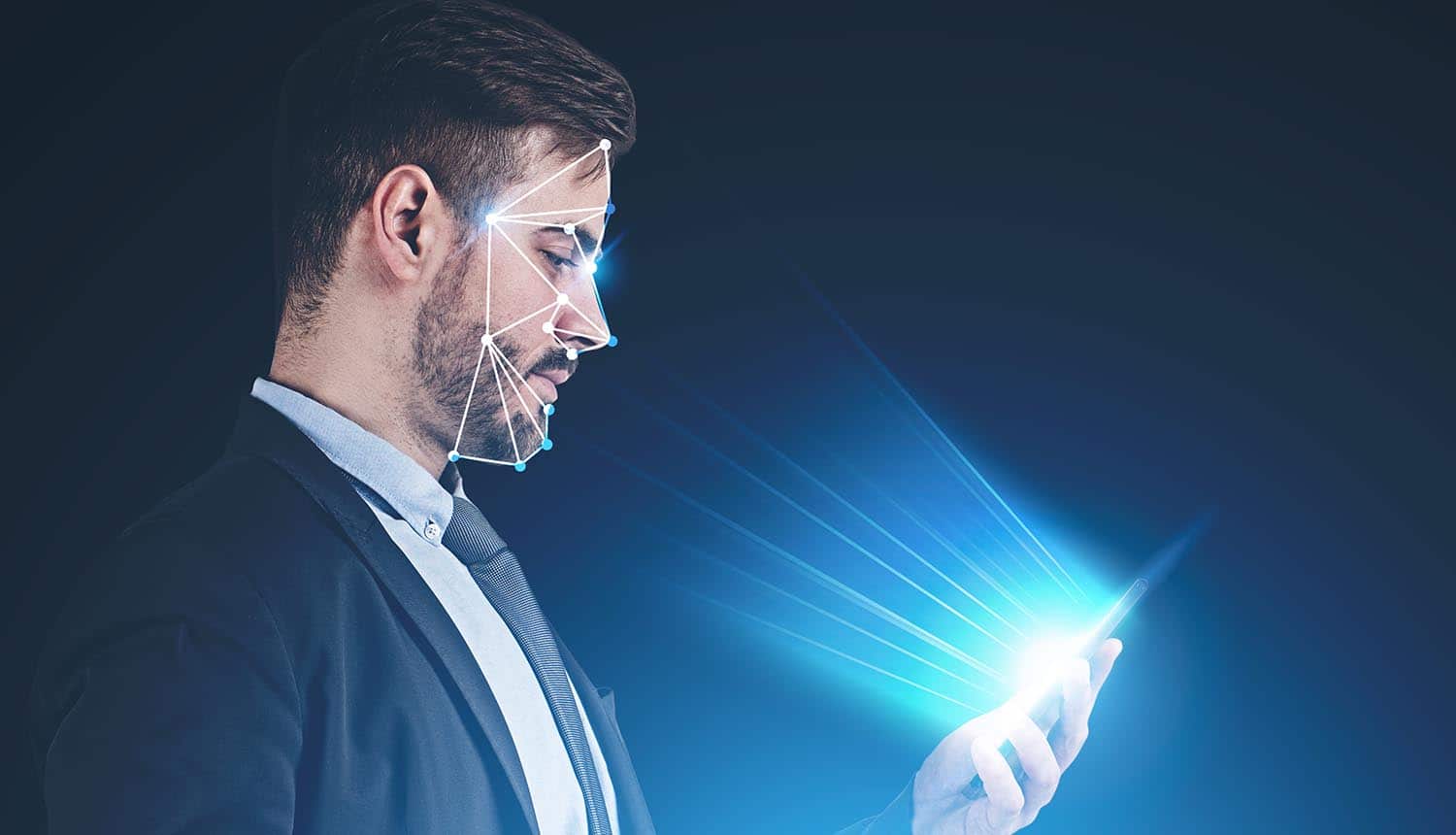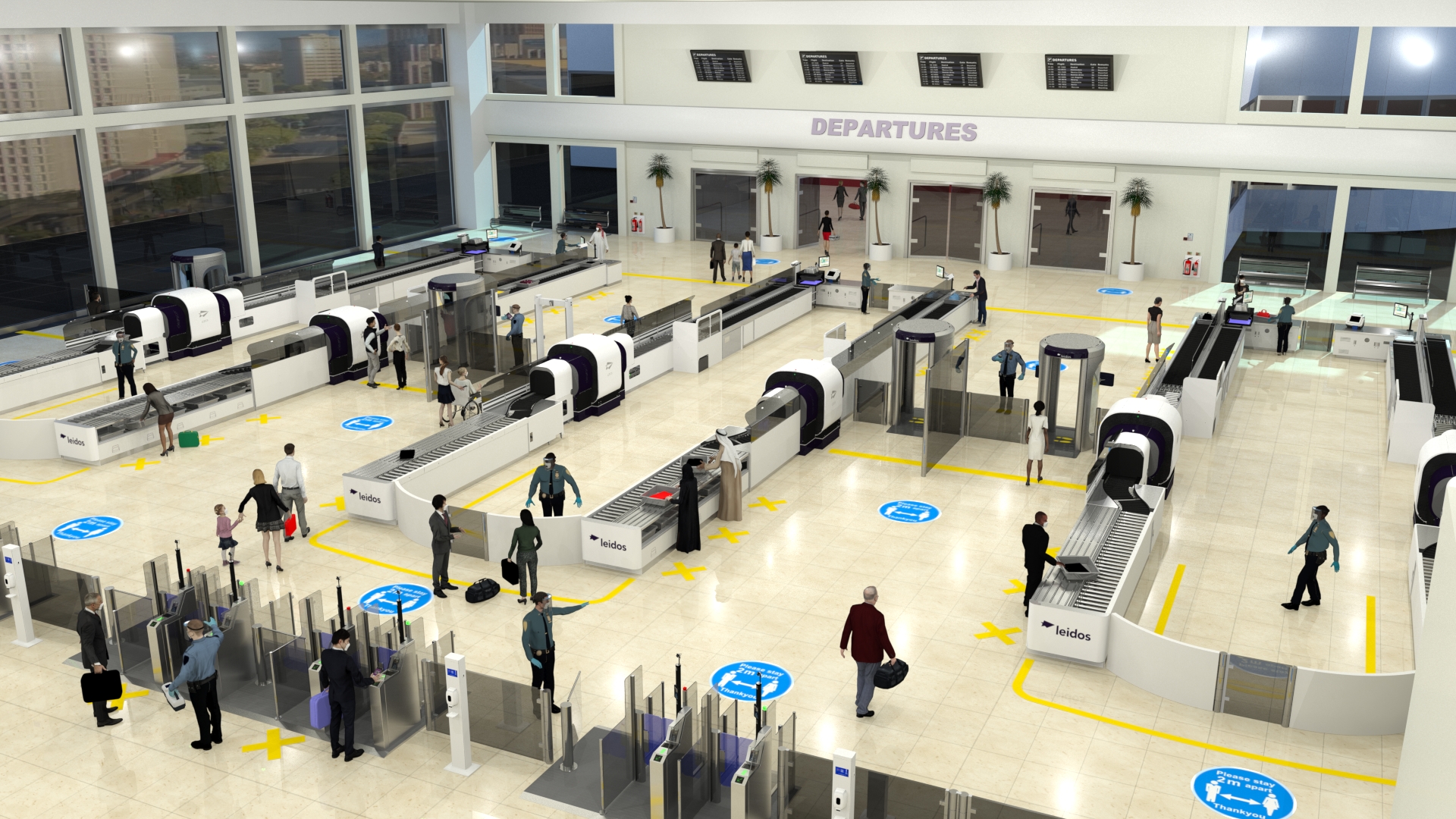
Facial Recognition Technology at Airports: A Threat to Privacy?
The use of facial recognition technology at airports has sparked concerns among lawmakers and privacy advocates. A bipartisan group of senators is calling for restrictions on the Transportation Security Administration’s (TSA) use of the technology, citing concerns about travelers’ privacy and civil liberties.
 Airport security checks may soon involve facial recognition technology.
Airport security checks may soon involve facial recognition technology.
The TSA has been rolling out the technology at select airports in a pilot project, with plans to expand it to all 430 airports under its jurisdiction. The technology is designed to improve security and efficiency at checkpoints, but critics argue that it poses significant threats to privacy and civil liberties.
 Facial recognition technology raises concerns about privacy and bias.
Facial recognition technology raises concerns about privacy and bias.
The senators, led by Jeff Merkley (D-Ore.), John Kennedy (R-La.), and Roger Marshall (R-Kan.), are pushing for congressional oversight of the TSA’s use of facial recognition technology. They argue that the technology has the potential to be misused and that Congress must ensure that it is used responsibly.
“This technology poses significant threats to our privacy and civil liberties, and Congress should prohibit TSA’s development and deployment of facial recognition tools until rigorous congressional oversight occurs,” the senators wrote.
The TSA claims that the technology is not being used as a surveillance tool and that photos and IDs are deleted after the passenger goes through the checkpoint. However, critics argue that the data collection process is unclear and that there is a risk of bias in the algorithms used.
 Airport security checkpoints may soon involve facial recognition technology.
Airport security checkpoints may soon involve facial recognition technology.
The debate highlights the need for a balanced approach to security and privacy. While the use of facial recognition technology may improve security, it is essential to ensure that it does not compromise individual privacy and civil liberties.
 The use of facial recognition technology at airports raises important questions about privacy and security.
The use of facial recognition technology at airports raises important questions about privacy and security.
As the TSA continues to expand the use of facial recognition technology, it is crucial that lawmakers and regulators ensure that it is used responsibly and with adequate oversight.















